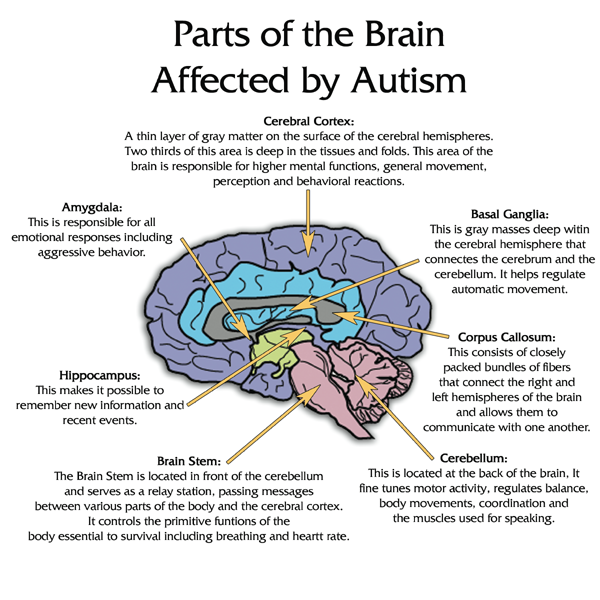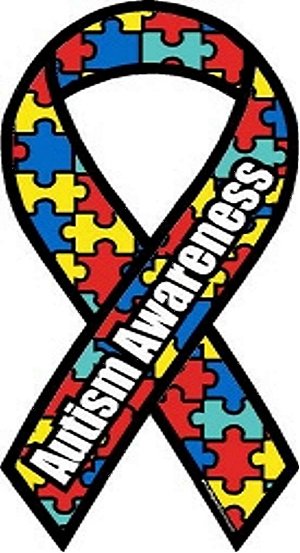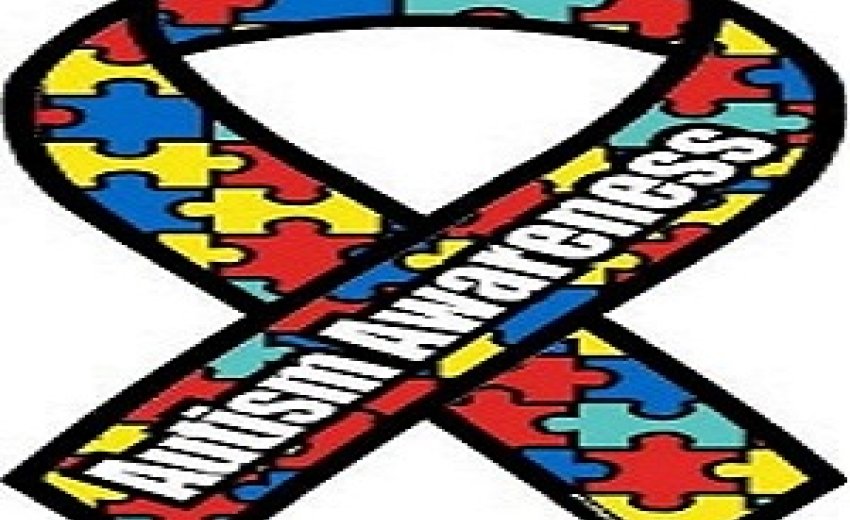
 MONTREAL, November 2, 2011 – We must stop considering the different brain structure of autistic individuals to be a deficiency, as research reveals that many autistics – not just “savants” – have qualities and abilities that may exceed those of people who do not have the condition, according to a provocative article published today in Nature by Dr. Laurent Mottron at the University of Montreal’s Centre for Excellence in Pervasive Development Disorders. “Recent data and my own personal experience suggest it’s time to start thinking of autism as an advantage in some spheres, not a cross to bear,” Mottron said.
MONTREAL, November 2, 2011 – We must stop considering the different brain structure of autistic individuals to be a deficiency, as research reveals that many autistics – not just “savants” – have qualities and abilities that may exceed those of people who do not have the condition, according to a provocative article published today in Nature by Dr. Laurent Mottron at the University of Montreal’s Centre for Excellence in Pervasive Development Disorders. “Recent data and my own personal experience suggest it’s time to start thinking of autism as an advantage in some spheres, not a cross to bear,” Mottron said.
Mottron’s research team has strongly established and replicated the abilities and sometimes superiorities of autistics in multiple cognitive operations such as perception and reasoning, as have others. His group includes several autistics, and one of them, Michelle Dawson, is a particular success. Dawson makes major contributions to our understanding of the condition through her work and her judgment. “Michelle challenged my scientific perception of autism,” Mottron explained. Dawson’s insight is the interpretation of autistic strengths as the manifestation of authentic intelligence rather than a kind of trick of the brain that allows them to mindlessly perform intelligent tasks. “It’s amazing to me that for decades scientists have estimated the magnitude of mental retardation based on the administration of inappropriate tests, and on the misinterpretation of autistic strengths,” Mottron added.
“We coined a word for that: "normocentrism," meaning the preconception you have that if you do or are something, it is normal, and if autistic do or have it, it is abnormal,” Mottron said. He points out that there’s a strong motivation for this perception, as it is the standard rhetoric of fund raising and grant applications, but that it comes at a cost in terms of how autistics are designated in social discourse. “While state and nonprofit funding is important for advancing our understanding of the condition, it’s exceptional that these tools are used to work towards goals identified by the autistic community itself,” Mottron said, lamenting the fact that many autistics end up working repetitive, menial jobs, despite their intelligence and aptitude to make much more significant contributions to society. “Dawson and other autistic individuals have convinced me that, in many instances, people with autism need more than anything opportunities, frequently support, but rarely treatment,” Mottron said. “As a result, my lab and others believe autism should be described and investigated as an accepted variant within human species, not as a defect to be suppressed.”
Laurent Mottron’s article claims that science should do its part to bring back autistics as members of the human community. His paper goes into more detail about the specific abilities of some autistic individuals, provides a range of real world examples, and offers some personal insights into his collaborations with Michelle Dawson.
